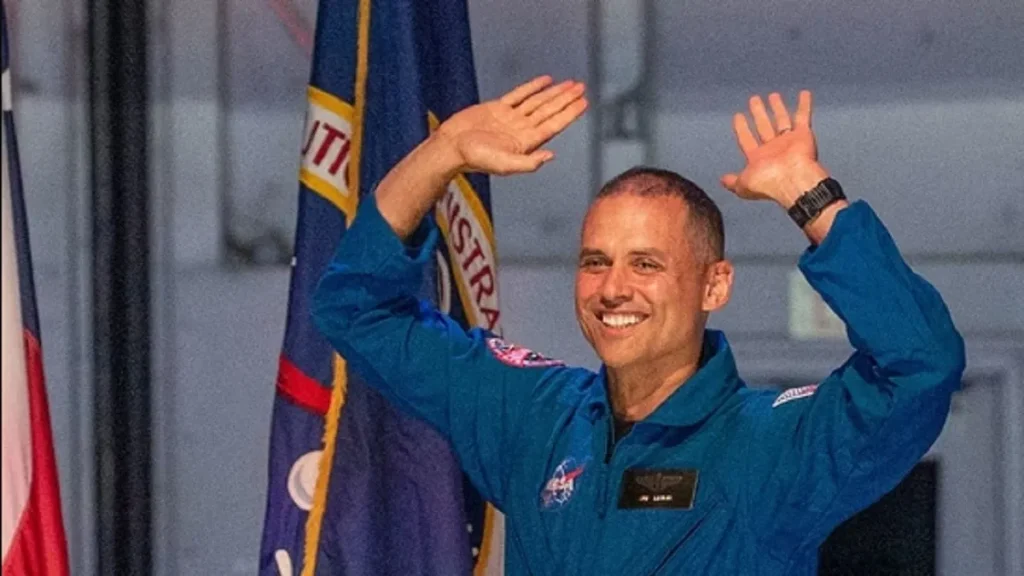NASA has announced that astronaut Anil Menon will embark on his first space mission in June 2026 as a flight engineer for Expedition 75 aboard the International Space Station (ISS). He will launch with Roscosmos cosmonauts Pyotr Dubrov and Anna Kikina on the Soyuz MS-29 spacecraft from the Baikonur Cosmodrome in Kazakhstan.

Eight Months in Space for Research and Exploration
The crew is expected to spend around eight months on the ISS. During this time, Menon will take part in various scientific studies and technology demonstrations aimed at preparing humans for future deep space missions and advancing knowledge that benefits life on Earth.
Medical Expert and Space Force Colonel
Born and raised in Minneapolis, Anil Menon is of Indian and Ukrainian heritage. He is an emergency medicine physician, a mechanical engineer, and a colonel in the United States Space Force. He was selected by NASA as an astronaut in 2021 and completed his training in 2024 as part of NASA’s 23rd astronaut class.
Academic Background and Aerospace Training
Menon holds a bachelor’s degree in neurobiology from Harvard University, a master’s in mechanical engineering, and a medical degree from Stanford University. He completed his emergency medicine and aerospace medicine residencies at Stanford and the University of Texas Medical Branch in Galveston.
Experience with SpaceX and NASA
Before joining NASA, Menon worked as SpaceX’s first flight surgeon. He played a key role in supporting the first crewed launch of the Dragon spacecraft on NASA’s SpaceX Demo-2 mission. He also helped build the medical team at SpaceX to support future human missions. Additionally, he served as a crew flight surgeon for various SpaceX and NASA missions to the ISS.
Continued Commitment to Medicine and Training
Even as an astronaut, Menon continues to practice emergency medicine at Memorial Hermann’s Texas Medical Center. He also mentors medical residents through the University of Texas’ residency program, reflecting his dedication to both healthcare and education.
Supporting NASA’s Vision for Deep Space
The International Space Station has hosted continuous human presence for nearly 25 years. Research conducted aboard the station contributes to NASA’s broader goals, including upcoming missions to the Moon under the Artemis program and future human exploration of Mars. Menon’s mission is part of this ongoing effort to expand human activity in space and commercial opportunities in low Earth orbit.
